If you’re pursuing an online degree, you’ve likely wondered, “Will this hold weight with employers?”. With online education booming and the pandemic accelerating the shift, the question has never been more relevant. Many people worry whether an online degree will stack up against traditional, in-person degrees. The good news? Employers have adapted to the new age of education. An online degree from an accredited institution, like Grace Christian University, carries significant value. Here’s what you need to know about what employers really think and why your online degree can be a gateway to a rewarding career.
What Do Employers Think About Online Degrees?
Online education is no longer a second choice. In fact, 71% of organizations have hired job applicants with online degrees, and over 60% of HR leaders believe online degrees offer the same quality as traditional ones. Why? Because universities have recognized the demand for flexible, accessible education options, offering high-quality online programs that meet employer standards.
It’s important to remember that employers are not focused on how you attended college; they care about your skills, knowledge, and readiness to contribute. Reputable institutions, including Grace Christian University, have embraced online education to ensure students have comprehensive learning experience, whether in a classroom or online. Employers know that online education requires dedication, self-discipline, and a high level of independence qualities that often stand out in competitive job markets.
Does Accreditation Make a Difference?
Yes, absolutely! Accreditation is one of the first things employers check when considering candidates with online degrees. Accreditation means that a degree program has met established educational standards and is respected by both employers and other academic institutions.
In general, regionally accredited programs are held in higher regard than nationally accredited ones, which are often associated with vocational or for-profit schools. Grace Christian University’s programs, for instance, are regionally accredited, meaning they meet the highest standards of educational excellence. This stamp of approval ensures that your degree has merit and value in the eyes of potential employers, regardless of whether you completed it online.
Why Choose an Accredited Online Program?
Accredited online programs offer tangible benefits that make a difference when you’re job-hunting:
- Quality Assurance: Accreditation confirms that the program maintains high standards.
- Access to Federal Financial Aid: Accredited schools are eligible for federal aid, reducing tuition burdens.
- Credit Transfer: Credits from accredited institutions are more likely to be accepted if you switch schools or pursue advanced degrees.
While unaccredited programs might look appealing due to lower costs, they often lack the comprehensive education and credibility that employers expect. The additional effort to verify an online program’s accreditation is well worth it, as it can make or break your future opportunities.
Online Degrees That Stand Out in the Job Market
Certain fields are particularly well-suited to online study, making it easy for graduates to step into their careers fully prepared. Grace Christian University offers several popular, flexible online degrees that prepare students to make a meaningful impact:
- Business: Grace’s online business programs cover finance, management, and strategic planning, ideal for roles in auditing, management, and finance. Graduates find this program provides skills that transfer directly into the workplace, like problem-solving, leadership, and project management.
- Psychology: Grace’s psychology program prepares students for roles in counseling, social work, or further studies. Courses cover the foundations of human behavior and mental processes, providing both theoretical knowledge and practical insights. Online psychology degrees are particularly useful for those seeking to help others while balancing other life responsibilities.
- Leadership & Ministry: This program is designed for students who feel called to ministry. An online degree in leadership & ministry from Grace prepares students for leadership roles in churches or faith-based organizations, with courses in theology, ethics, and ministry practice. The online format allows students to deepen their understanding of faith and Scripture while balancing family or work commitments.
Each of these programs at Grace is built to prepare students for real-world challenges, equipping them with both subject expertise and practical skills.
How to Market Your Online Degree to Employers
Marketing your online degree effectively is key to standing out in a competitive job market. Here are a few ways to communicate the value of your online degree:
- Highlight Your Skills: Include specific skills you developed during your studies, such as project management, critical thinking, or fluency in industry-standard software.
- Accreditation and Reputation: Mention your degree’s accreditation and the reputation of Grace Christian University. Accreditation signals credibility to employers, assuring them of the quality of your education.
- Describe Real-World Experience: Many online programs include practical experiences, like capstone projects or internships. Highlight these experiences on your resume and in interviews to show that your education was hands-on.
- Emphasize Self-Motivation: Online education requires high levels of independence and time management. Pointing out that you succeeded in an online program can demonstrate resilience and adaptability.
These tips not only help frame your degree but also show employers that you’re proactive, adaptable, and ready to contribute.
Debunking Myths About Online Degrees
Despite online degrees gaining respect, myths persist. Here’s the truth behind some common misconceptions:
- Myth #1: Online Students Lack Interaction with Instructors
In reality, online programs provide multiple ways to connect with instructors, including virtual office hours, video calls, and forums. At Grace Christian University, professors are accessible, ensuring students receive guidance, mentorship, and support throughout their studies. - Myth #2: You Don’t Learn as Much in an Online Setting
Studies show that online students perform as well or better than their on-campus peers. Accredited online programs follow the same curriculum and meet the same standards as in-person programs. So, the quality of education is on par, if not superior, thanks to today’s advanced technologies. - Myth #3: Employers Are Skeptical of Online Degrees
As long as the degree is from an accredited institution, employers respect it. Over time, online learning has gained acceptance, and many employers even pursue online degrees themselves. The emphasis is on the skills and experiences you bring to the table, not on the format of your education.
The Future of Online Education
Online degrees aren’t just here to stay, they’re expected to become even more common. The National Association of Colleges and Employers (NACE) reported that 87.4% of employers who track their new hires’ degree modalities have employed graduates with online degrees. Furthermore, these employers offer equal starting salaries to those with online and in-person degrees, indicating a growing parity between the two educational formats. Employers increasingly value the adaptability and technological proficiency of online graduates, viewing them as particularly well-suited for today’s digital and global workplaces.
This shift towards virtual education reflects a change in how we learn, work, and interact. With tools for collaboration, interaction, and project management becoming commonplace in both workplaces and online classrooms, online graduates can step confidently into many career paths.
How Grace Christian University Prepares You for Career Success
Grace Christian University’s online degrees offer more than flexibility, they prepare you for life and work in meaningful ways. Through our mission to “graduate courageous ambassadors for Christ who make an eternal impact wherever they go,” our programs integrate faith, Biblical perspectives and career preparation.
Our Business, Psychology, and Leadership & Ministry programs, among others, provide real-world skills, grounded in a biblical worldview. Grace’s curriculum ensures students develop not only in their knowledge but also in their capacity to serve, lead, and inspire others. For students looking to advance their careers while deepening their faith, Grace Christian University offers a path forward.
Conclusion
Choosing an online degree doesn’t mean compromising on quality. It provides flexibility, broader access, and a pathway to balance work, family, and education. Employers increasingly value online graduates for their adaptability, tech-savvy skills, and the dedication they bring to managing their studies independently.
So, as you approach your career, remember that your online degree from Grace Christian University matters. It prepares you for the future, equips you with essential skills, and holds the credibility needed to succeed in today’s workforce. Explore Grace Christian University’s online programs to see how they can support your personal and professional goals.








